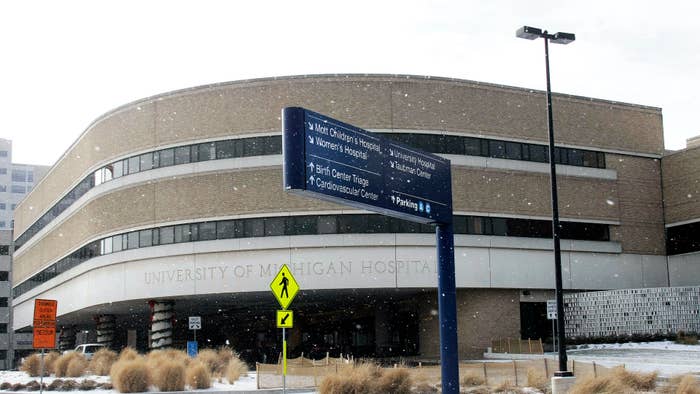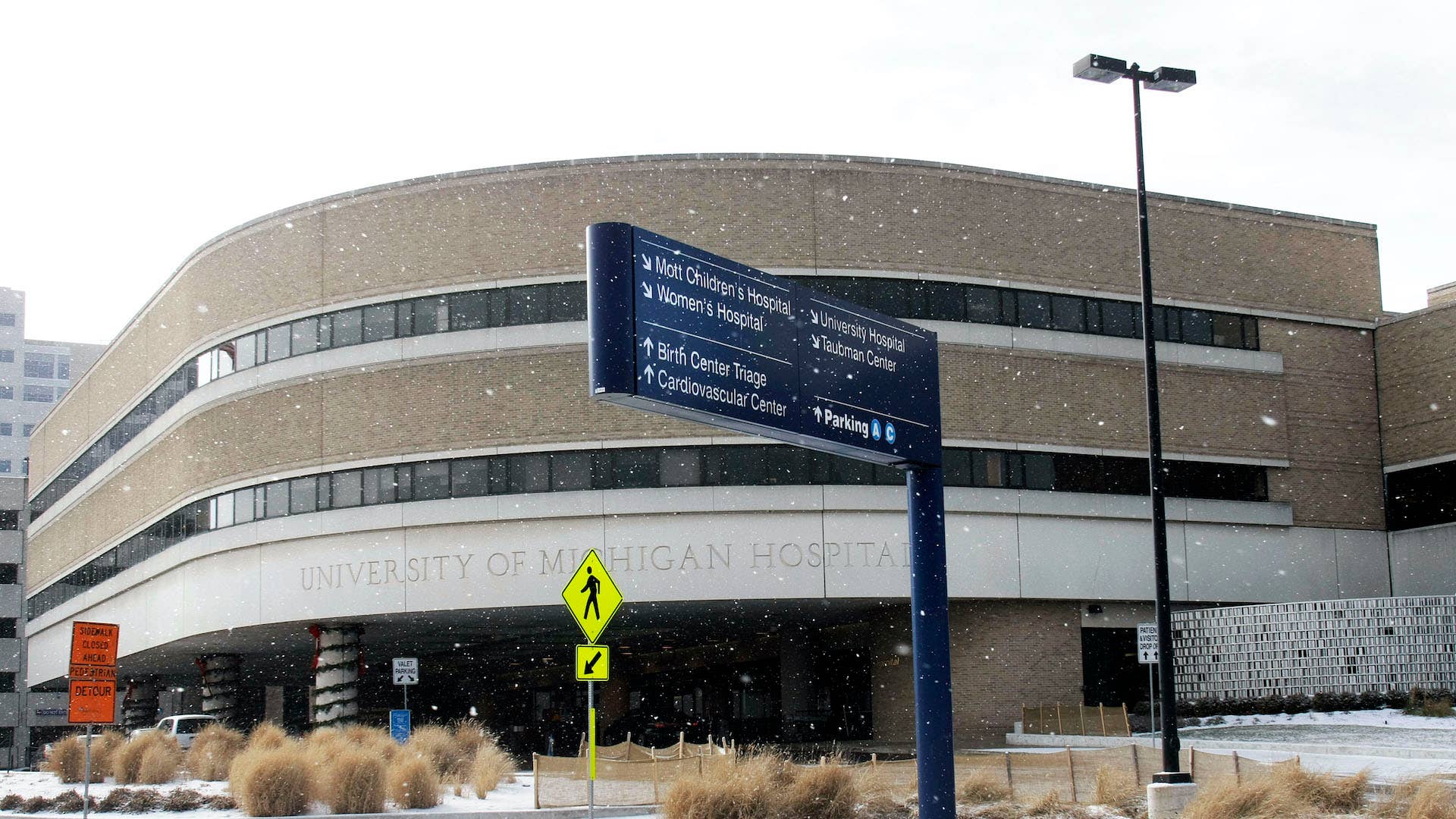
A Michigan woman died 61 days after receiving lung transplant surgery and researchers claim coronavirus in the donated organs was the culprit.
The first confirmed case of COVID-19 passing between people via the medium of organ transplants was covered in a new peer-reviewed report published in the The American Journal of Transplantation earlier this month. According to that overview, the lungs were donated from the victim of a car crash. The late donor tested negative for COVID-19 and a radiograph of her chest showed no signs of coronavirus infection. After the transplant recipient took a turn for the worse, doctors confirmed that the woman and her surgeon had been infected by the donated organs.
The authors of the report recommended tissue samples from the lower respiratory tract. The test to do so is more likely to turn up potential coronavirus infections but it is also highly invasive, so it’s not been recommended for testing the general public.
“We want the transplant community to be aware that this can happen, and also that there may be things we can do to improve our success in screening patients for Covid,” surgeon Dr. Jules Lin, who authored the report and transplanted the lung into the patient in question, told the New York Times.
In addition to the testing recommendations, the report asks that medical professionals in the process of transplanting organs take extra precautions to avoid the risk of infecting themselves. The authors also took time to emphasize the rarity of this transmission, as this is the first-known case. They encouraged those in need of a transplant to not put off the procedure for fear of COVID-19 transmission.
“It’s important to emphasize that this is, fortunately, a rare event,” Dr. Daniel R. Kaul told the Times.

